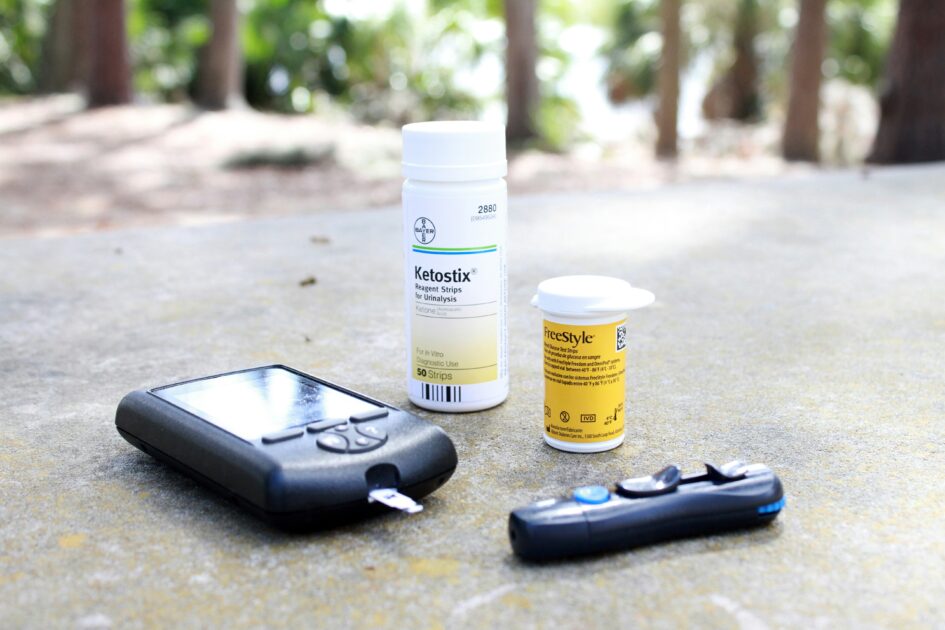In the competitive world of sports, the integrity of amateur competitions is paramount. While the spotlight often shines brighter on professional levels, amateur sports are the backbone of athletic talent development and passion for the game. Drug testing plays a crucial role in ensuring fair play and athletes’ health, yet its importance in amateur sports is often overlooked. Let us dive into the fascinating dynamics of drug testing in the amateur sporting world, uncovering its significance, challenges, and impact on young athletes.
The Educational Value of Drug Testing
Implementing drug testing in amateur sports isn’t just about catching those who cheat. It’s an educational tool, teaching young athletes about ethics, the long-term consequences of their choices, and the importance of competing clean. This education goes beyond the field or court, instilling values that athletes carry into all areas of their lives, championing integrity over shortcuts.
The Necessity of a Level Playing Field
Sport is built on the principle of fair competition, where the outcome hinges on skill, diligence, and sportsmanship. The allure of an unfair advantage can tempt even the most dedicated amateur athlete, making drug testing not just necessary but indispensable. It ensures that all competitors are on equal footing, fostering an environment where talent and hard work triumph over chemical enhancement.
Expanding the Reach of Drug Testing
As the amateur athletic world continues to evolve, so too should the methods and scope of drug testing. Expanding testing beyond high-risk sports to encompass a wider range of disciplines ensures that no athlete is left unchecked and the values of sportsmanship are upheld across the board. This broadened approach can also help to normalize the conversation around drug use in sports, reducing stigma and promoting a culture of transparency and accountability.
With the growing concern for health and safety in sports, it’s become increasingly important for athletes, coaches, and parents to have access to reliable testing services. For those looking for testing facilities, searching for drug testing near me is a fast way to find local testing centers, aiding in the commitment to maintaining the integrity of sports at all levels.
Challenges in the Amateur Arena
While the benefits are clear, the application of drug testing in amateur sports faces several challenges. The most glaring is the cost, as comprehensive drug testing programs can be prohibitively expensive for non-professional organizations. Moreover, the variety and availability of new PEDs constantly evolve, making it a cat-and-mouse game between testers and those attempting to circumvent the rules. The balance between effective testing and respecting athletes’ privacy is another delicate matter that organizations must navigate.
Case Studies: Learning from Examples
Examining specific instances where drug testing made a difference in amateur sports can provide valuable insights. For instance, after implementing a rigorous drug testing program, a certain high school athletics department noticed a marked decrease in PED use among students, coinciding with improved team performances. These real-life examples underline the tangible benefits of drug testing, reinforcing its value in cultivating not only fair competition but also healthy athletes.
Health Risks and the Protective Barrier of Testing
The use of performance-enhancing drugs (PEDs) presents significant health risks, especially to young athletes whose bodies are still developing. Drug testing serves as a protective barrier, discouraging the use of hazardous substances that can lead to long-term health issues, including hormonal imbalances, heart problems, and psychological effects. By prioritizing athletes’ well-being, drug testing underscores the essence of sports as a healthy endeavor.
Strengthening Community Support
For drug testing programs to be truly successful, they require the backing of the entire sports community. This includes not only the athletes and governing bodies but also the fans, parents, and local organizations. By fostering a collective understanding of drug testing’s benefits, communities can strengthen their commitment to clean competition and the well-being of their athletes. It’s through this unified support that amateur sports can maintain their integrity in the face of adversity.
Fostering Global Cooperation
In an increasingly interconnected world, the fight against doping in sports is not a challenge that can be tackled in isolation. International cooperation and the sharing of resources, testing methods, and educational programs can significantly enhance the effectiveness of drug testing initiatives. This global network of support not only amplifies the message of fair play but also ensures that amateur athletes around the world have equal opportunities to compete in a clean and respectful environment.
The Role of Technology in Advancing Drug Testing
Technology plays a pivotal role in enhancing the effectiveness and reach of drug testing in amateur sports. Advances in testing methods allow for more accurate, rapid, and less invasive testing, reducing discomfort and privacy concerns for athletes. Digital platforms can also streamline the logistical aspects of drug testing programs, from scheduling tests to managing results, making it more feasible for amateur leagues and schools to adopt rigorous testing protocols.
Conclusion: A Call to Uphold Integrity
The emphasis on drug testing in amateur sports is not just about keeping the competition fair; it’s a commitment to the health and future of young athletes. By embracing the challenges and leveraging technology, the amateur athletic community can foster an environment of integrity and respect. As stakeholders in the sporting world, from officials to fans, it is our collective responsibility to support and advocate for effective drug testing policies. Doing so ensures that the spirit of competition remains untainted, and the future of sports is bright and promising.
